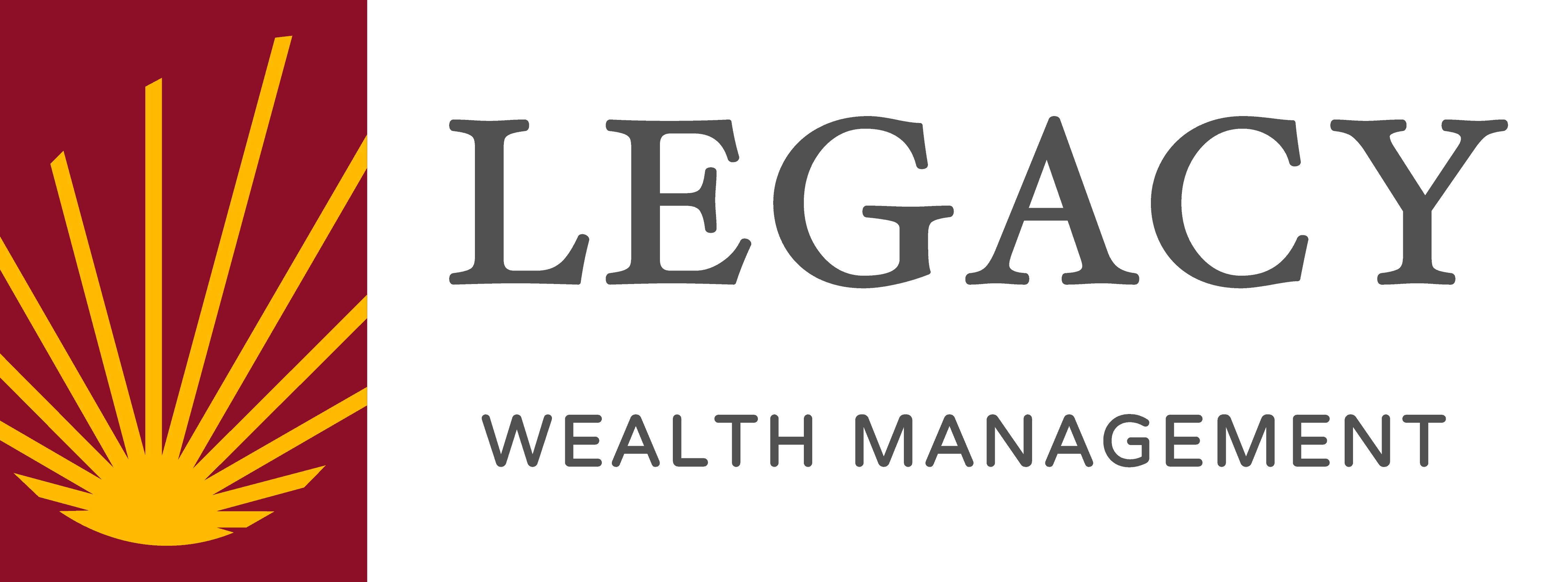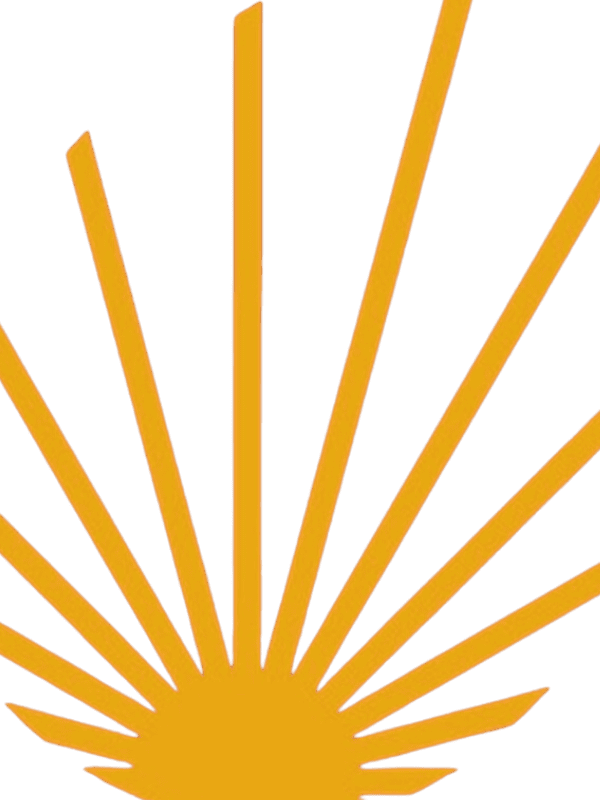If you’ve been saving in tax-deferred retirement accounts for decades, you might assume you’ll get to decide when and how you withdraw that money. But once you hit a certain age, the IRS has other plans.
Required Minimum Distributions (RMDs) are precisely what they sound like: mandatory withdrawals from traditional IRAs and 401(k)s, whether you need the income or not. And they come with a tax bill attached.
These withdrawals can be frustrating. After all, you’ve done the work of saving and investing wisely, only to find that the IRS now expects a cut. The good news? A little planning ahead of time can help you reduce the tax impact and take more control over your retirement income.
What to Know About RMDs
RMDs start at age 73 for most retirees (75 if you were born in 1960 or later). Each year, the amount you’re required to take out increases, based on your age and account balance.
These withdrawals are taxed as ordinary income, meaning that the more you’re required to withdraw, the more taxable income you’re reporting. This could push you into a higher tax bracket, increase your Medicare premiums, or trigger taxes on your Social Security benefits. All of that, just because you’re following the rules?
Luckily, you’re not powerless here. There are ways to manage (and in some cases significantly reduce) the tax bite.
Five Planning Moves to Consider
- Convert a portion to Roth before RMDs begin: Between retirement and age 73, there may be a window of time when your income is lower. That’s a good time to consider converting part of your traditional IRA or 401(k) to a Roth IRA. You’ll pay taxes on the conversion, yes, but it can reduce future RMDs and give you a source of tax-free income later.
- Coordinate your income streams: Taxes in retirement aren’t just about how much you take out, but when and from where. Balancing your RMDs with other income sources like pensions, investment dividends, or Social Security can help you stay in a more favorable tax bracket. For instance, delaying Social Security until age 70 might reduce your taxable income in early retirement, giving you more room for Roth conversions or smaller RMDs later on. It’s all about looking at the big picture and planning ahead.
- Give directly from your IRA: If you’re age 70½ or older, you can donate up to $100,000 per year directly from your IRA to a qualified charity using a Qualified Charitable Distribution (QCD). It counts toward your RMD but doesn’t show up in your taxable income. That’s a win if you’re charitably inclined and looking for a tax-smart way to give.
- Still working at 73? You might get a pass: If you’re still on the job and contributing to your employer’s 401(k), you might be able to delay RMDs from that specific account, assuming you don’t own more than 5% of the company. It’s not a fit for everyone, but in certain cases it can buy you time and flexibility.
- Don’t let scattered accounts make life more complicated: If you’ve accumulated multiple retirement accounts over the years, now’s a good time to consider consolidation. In addition to making RMDs easier to calculate and manage, consolidation also helps reduce the risk of missing a required withdrawal, which can come with a steep penalty. A simplified setup also helps to make estate planning, tax planning, and overall portfolio management much more manageable as you age.
Take Control Early On
Minimizing the tax impact of RMDs isn’t about cutting corners, it’s about being thoughtful and proactive. The earlier you start planning, the more tools you’ll have at your disposal.
At Legacy Wealth Management, we help clients turn tax rules into planning opportunities. We review your tax return for potential savings opportunities, help reposition investments to take advantage of tax-efficient options, and suggest strategies to lower your taxes in retirement. Our ultimate goal here is to reduce your tax burden both now and in the future.
If you’re ready to make a plan for your RMDs or want a second opinion on your current strategy, we’re here for you. Reach out today to get started.







